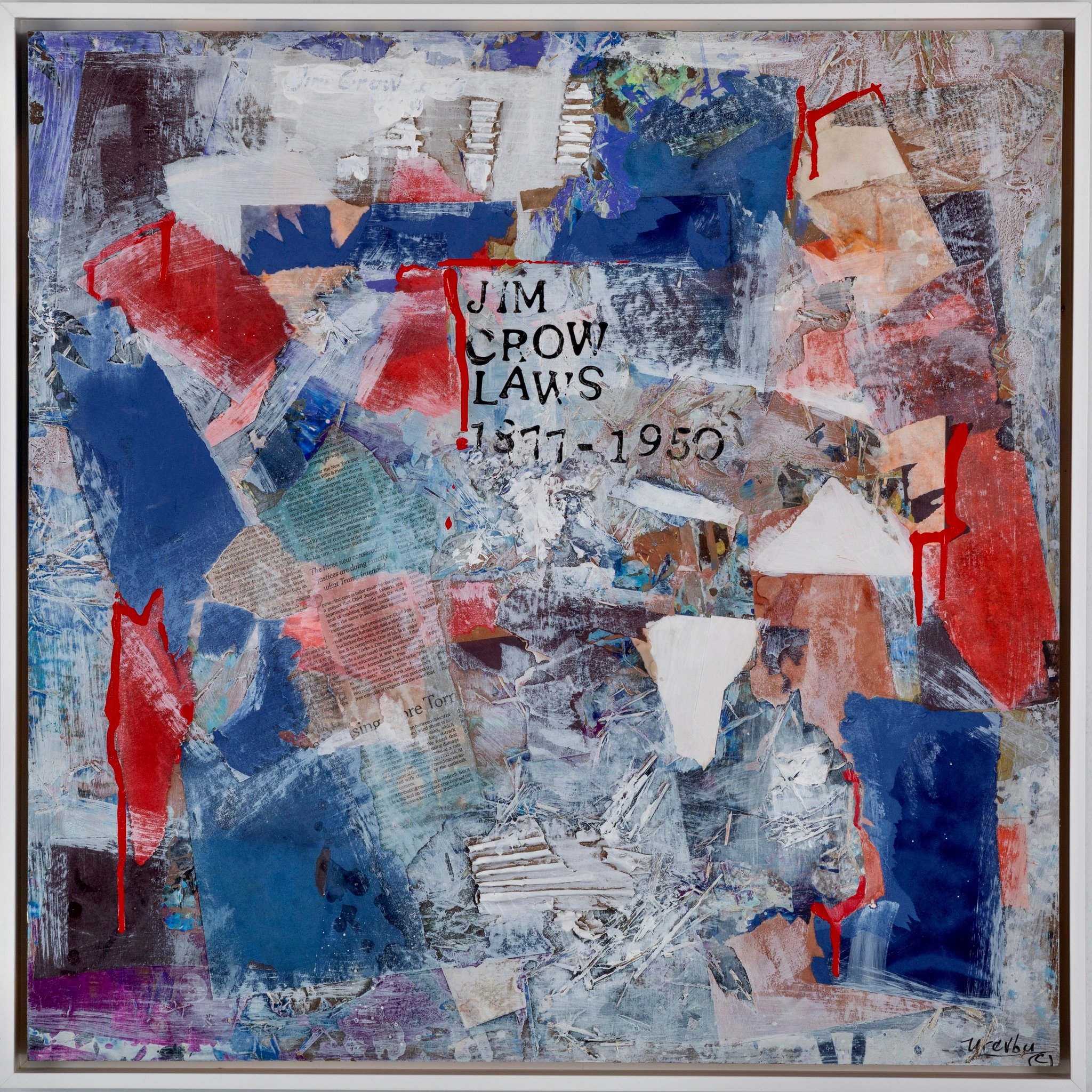Untold Stories Collection
Opelousas Massacre, 1868
The Opelousas Massacre of 1868 stands as a grim testament to the racial tensions and violence that plagued Reconstruction-era America, particularly in the South. Situated in Opelousas, Louisiana, this tragic event unfolded on September 28, 1868, amid a backdrop of profound societal upheaval following the Civil War.At its core, the massacre was fueled by stark divisions between white supremacists, intent on maintaining the racial hierarchy of the antebellum South, and newly empowered Black citizens striving to assert their civil and political rights. As African Americans in Opelousas organized politically and sought to participate in the democratic process, they faced vehement opposition from white residents who viewed their involvement with hostility.The catalyst for the massacre occurred when tensions between white supremacists and Black Republicans erupted into open conflict. Armed white mobs targeted a Republican meeting hall, unleashing a brutal assault on the African American citizens gathered there. The exact number of fatalities remains unclear, but the violence resulted in numerous deaths and widespread injuries among the Black community. The assault quickly escalated into days of terror, with Black residents subjected to continued attacks and the destruction of their homes and businesses.The Opelousas Massacre serves as a stark reminder of the extreme measures taken by white supremacist groups to suppress Black political participation and maintain social control. It illustrates the lengths to which some segments of society were willing to go to thwart the progress of Reconstruction and enforce racial subjugation.Moreover, the massacre underscores the broader challenges faced by African Americans across the South during Reconstruction. Despite gains in civil rights and political enfranchisement, these advancements were met with fierce resistance and violent reprisals aimed at preserving white supremacy. The legacy of the Opelousas Massacre resonates as a poignant example of the struggles for racial equality and justice in American history, highlighting the ongoing fight against systemic racism and discrimination.Ephraim Urevbu
Opelousas Massacre 1868, 2022
Acrylic and mixed media on board
24 x 24 in (60.9 x 60.9 cm)
























